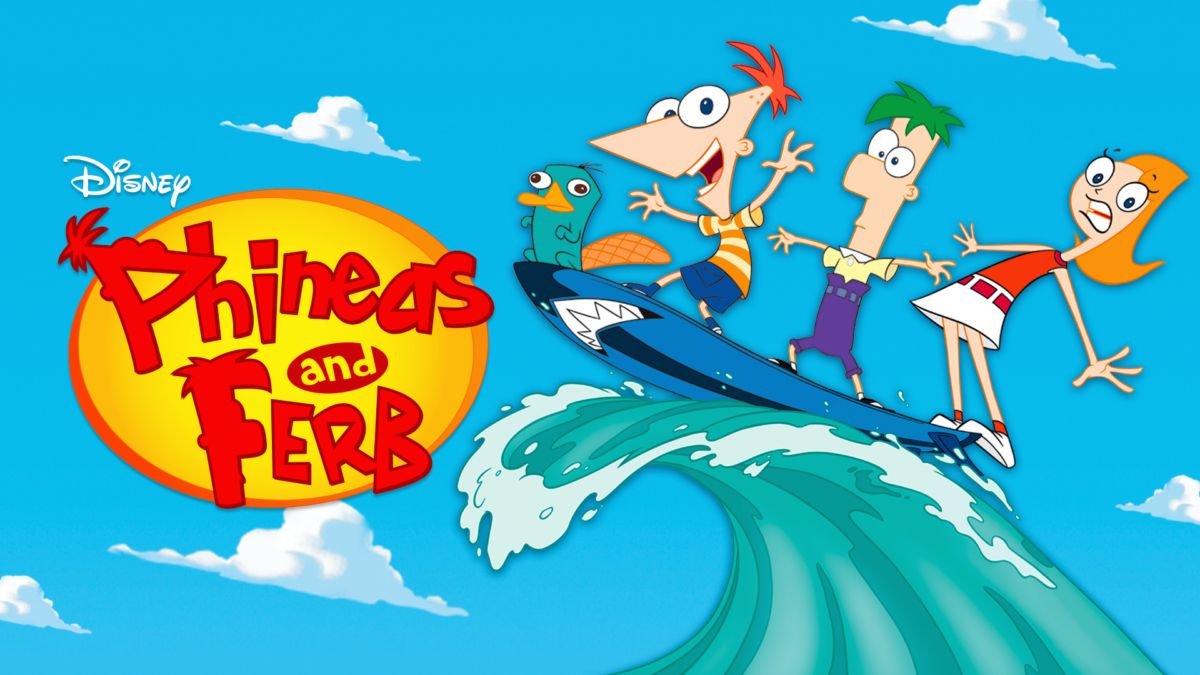Originally Written: March 3, 2021
Source: Disney+
Growing up, I, like many others, enjoyed watching cartoons and movies. My ultimate favorites included Phineas and Ferb, Tangled, to name a few. Especially in the first few months of the pandemic, I started taking trips down memory lane, watching old episodes from a more mature perspective. However, this quickly took a turn for the worse as I noted how these shows, as innocent as they seemed, were giving subtle cues on gender stereotyping.
Recently, it was announced that libraries would ban a few Dr. Seuss books due to racist content and portrayal of characters. Similarly, we see examples of sexist portrayals in other sources of media and should work towards rewriting these stories. For one, in Phineas and Ferb, all of the females were supporting characters with distinctive characteristics. Candance, the older sister, was the typical gossipy teen and her major concern was her crush. She tried to tattle on her brothers whenever she could and her only joy in life was hanging out with her friends. The stereotypes of girls always on their phones and thinking only about romance was thoroughly reinforced with each episode. Any time Candance made a dumb move, her brothers had to save her using their wit. Additionally, the depiction of the mother added to the sexualization of females on media. Candace's mom, Linda, had a super-thin waist and irrationally wide hips. There was virtually no need to illustrate her in this manner to emphasize women's bodily appearance. This was in a children's cartoon, and there's no reason to give off this message to children. It will only solidify their prejudices against different genders.
Source: Nashville Public Library
However, more serious cases of stereotyping occurs in the classic Disney movies of Sleeping Beauty and Snow White. In both scenarios, the princess waits, powerless, until a man shows up to save the day. Even if we think we've already moved on from these narratives, it's surprisingly prevalent in contemporary media. In Pororo the Little Penguin, a South Korean TV show, all of the useful characters are males. The extra characters, who are not as intelligent and need the help of Pororo to carry on with their day, are females. To make matters worse, the characters embody the traditional gender roles: Loopy, a female character, cooks while Eddie, a male character, engineers and builds things. While I'm not trying to say that women can't cook and men can't become engineers, these are stories we've seen too often in media. There's no need to emphasize this and call it "the norm." Continuing to give major roles to the males while depicting females as defenseless are going to indoctrinate children into thinking these gender stereotypes are actually the norm since they see it so often. Or, it can prevent children from pursuing what they really want because they feel so defined by these gender roles.
In our current society, media outlets like movies and TV shows have significant impacts on our perspectives. The more prolonged an idea is shown through our favorite movies, the more likely we will start to agree with it. As a result, showcasing women in negative ways throughout media prevents gender equity from progressing. We cannot let the next generation take for granted that women are considered a weaker sex than men are. The solutions are not extremely difficult. Illustrating women as strong enough to tackle their own issues, not trying to sexualize the characters, drawing them with realistic proportions, and even making women the main characters of their shows (I know, mind-blowing) can shape children's perspectives differently when looking at gender roles. Because they are the next generation that can help further women's rights and gender equity, we need to educate them to respect all genders. It all starts from the TV shows and movies we consume almost mindlessly. At one point, the ideas they take in will become their mindsets and opinions of the world.
Sources:
https://apnews.com/article/dr-seuss-books-racist-images-d8ed18335c03319d72f443594c174513
https://www.disneyplus.com/series/phineas-and-ferb/1Vl0AKTYhC6U

